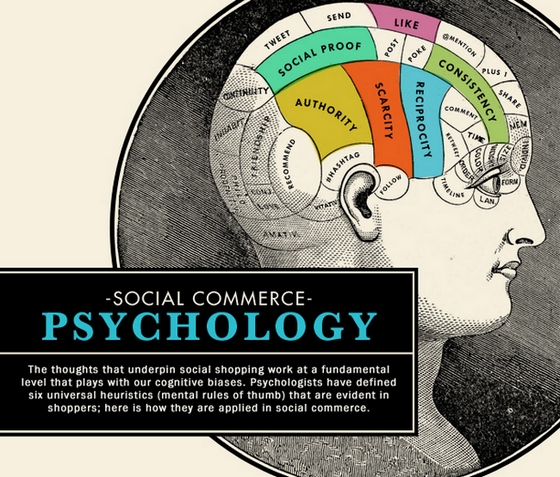Big Data: Who owns customer and budget?
Though frequently at odds, marketing and IT executives agree that harnessing Big Data is imperative to building a customer-centric corporate culture, SAS.
They also agree that a lack of CMO/CIO alignment, rigid silos, unclear responsibilities, and a lack of leadership impede an organization from using Big Data to its full potential, the survey of CMOs and CIOs found.
Big Data is important to achieving a customer-centric culture, according to the study:
- 40% of marketers and 51% of IT executives said its critical for improved decision making.
- 36% of marketers and 23% of IT execs said data drives the ability to personalize customer experiences.
Below, additional findings from the CMO Council study, titled Big Data’s Biggest Role, Aligning the CMO & CIO.
Access to in-depth data, and the ability to translate it into insights, is a competitive advantage according to 70% of marketers: 30% say it is critical, and 40% say it is part of the overall picture.
However, most respondents view the flood of incoming data as part obstacle and part opportunity: 61% of CMOs and 60% of CIOs say so, admitting they have a long way to go still in using Big Data properly.
The main challenge, according to 52% of marketers (and 45% of IT professionals), is that functional silos block aggregation of data from across the organization, making it difficult to truly achieve customer-centricity:
Moreover, 39% of CMOs say the corporate culture is not aligned around the needs of customers.
A likely explanation for the lack of total customer focus is that no clear ownership of the customer exists. Among marketing executives, 18% say that ownership rests with the CEO, 17% say the CMO, and 19% say sales. IT professionals assign ownership to the CEO (20%), CMO (19%), and sales (17%).
Organizations that report they have achieved total partnership between CMO and CIO also have clearer ownership of the customer.
In such organizations, marketers (24%) and IT professionals (30%) say the CEO owns the customer. Furthermore, marketers and IT executives in total partnership organizations are highly satisfied with their companys ability to engage the customer (42% of marketers, 31% of IT execs).





 Brand owners such as Unilever, Ford and Coca-Cola are still attempting to fully prove the payback from using Facebook, but remain confident in the potential it provides to engage consumers. Recent research by Facebook covering 63 ad campaigns found a majority yielded three times the original expenditure, whereas only a single case delivered a return below one times the initial outlay.
Brand owners such as Unilever, Ford and Coca-Cola are still attempting to fully prove the payback from using Facebook, but remain confident in the potential it provides to engage consumers. Recent research by Facebook covering 63 ad campaigns found a majority yielded three times the original expenditure, whereas only a single case delivered a return below one times the initial outlay.
 Five years ago, not everybody could have foreseen the huge role social media would play in marketing today. Today, almost any brand realizes the importance of social media and either has or is working on a social media strategy. Some brands were among the early adopters and have taken a head start in social marketing, while others are still trying to figure out the best way to incorporate social into the marketing mix.
Five years ago, not everybody could have foreseen the huge role social media would play in marketing today. Today, almost any brand realizes the importance of social media and either has or is working on a social media strategy. Some brands were among the early adopters and have taken a head start in social marketing, while others are still trying to figure out the best way to incorporate social into the marketing mix.
 For many marketers — and other professional communicators in public relations, advertising, entertainment and even journalism — there’s something downright scary about social media. Words (and images) matter. And in professions where people make their livings by crafting messages and relating ideas, it’s easy to strike fear into people by suggesting that the future of media calls for them to surrender control over at least part of their message.
For many marketers — and other professional communicators in public relations, advertising, entertainment and even journalism — there’s something downright scary about social media. Words (and images) matter. And in professions where people make their livings by crafting messages and relating ideas, it’s easy to strike fear into people by suggesting that the future of media calls for them to surrender control over at least part of their message.